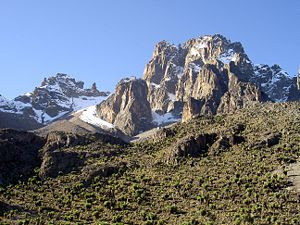The Brits, like UNDP-USA, support Pakistan

UNDP-USA also supported a project of its own in Pakistan last year, working on long-term efforts to support the MDGs, particularly addressing education and health care:
UNDP-USA worked in partnership with UNDP through the Global Resource Mobilization Program, identifying and leveraging private contributions in the United States, particularly from the Pakistan-American Diaspora population, to support the project in Pakistan. To date, UNDP-USA has provided $1.4 million to UNDP Pakistan in support of the work of UNDP in achieving the MDGs in Pakistan.See here to read more about this and other UNDP-USA projects.
















